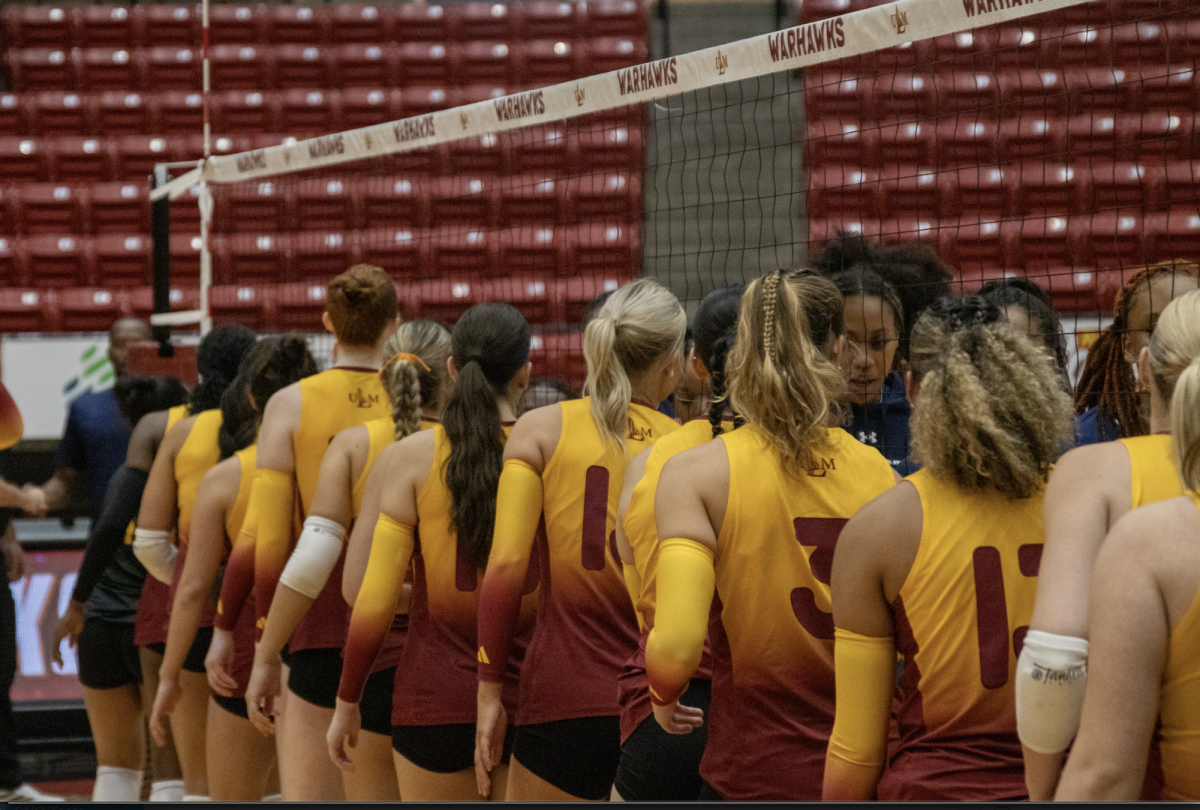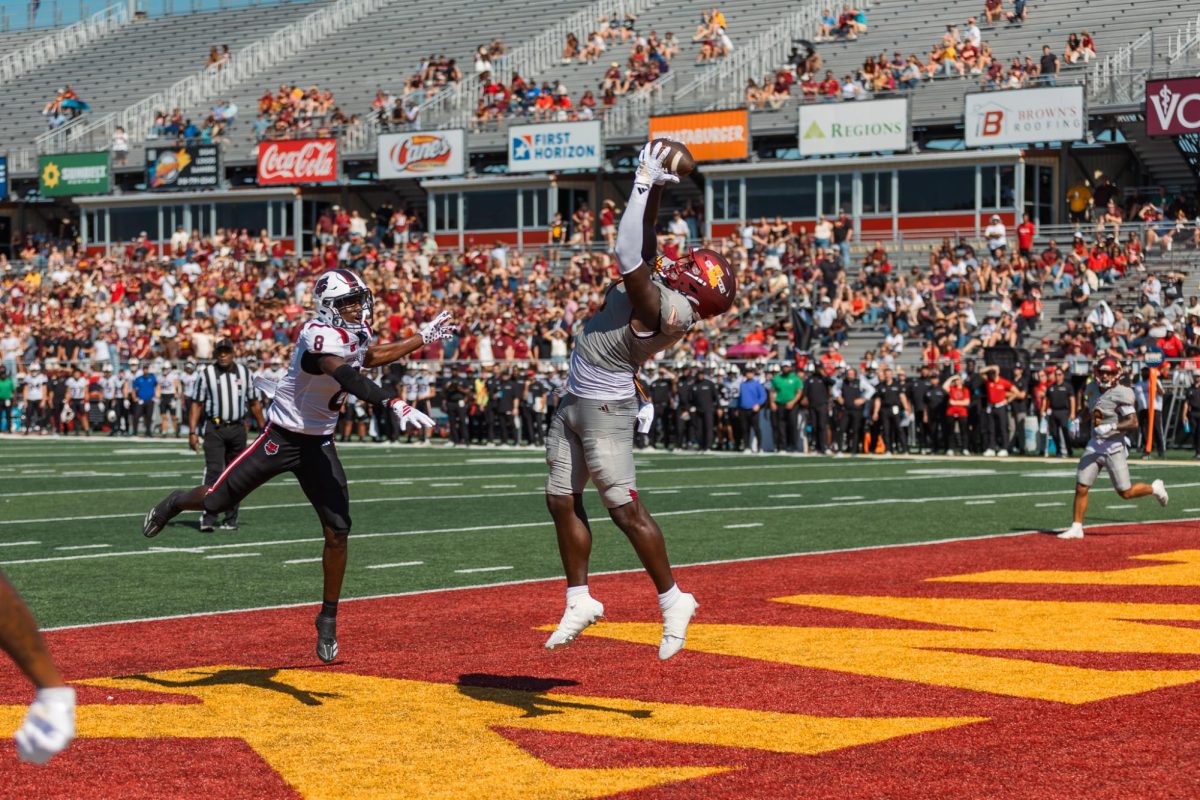Any golfer will tell you that the game is, at the very least, 75 percent mental. Any golfer will tell you that pressure can change the game in the blink of an eye.
And so was the story of the 2012 Ryder Cup.
You would think in a sport that requires as much mental toughness as golf, experience would be a monumental factor. But on Sunday, we watched as the American veterans crumbled under the weight of the European comeback.
Why? The Americans came to prove. The Europeans came to play.
You would think that players like Steve Stricker, Tiger Woods and Jim Furyk would be the ones leading the U.S. team to victory with both their experience as players and their experience as Ryder Cup veterans. But on Sunday, they had too much to prove.
Tiger, of course, wanted to prove to the world that he can still play on the same level after the biggest social and mental collapse in the history of the game. Furyk wanted to prove that at 42 he can still actually finish off a round.
Both failed.
Tiger’s disappointing play no longer comes as a shock, or even a letdown. And Furyk has now stooped to the same level.
On the other hand, 23 year-old Rory McIlroy rolled out of bed, was escorted to the course in a cop car, arrived at the course ten minutes before his tee time, and won his match 2 & 1.
The Europeans played with heart and hope and overlooked the details. The Americans played with egos and let the pressure get the best of them.
In the game of golf, you have to practice. You have to work hard. You have to spend hours upon hours in the beating down sun hitting thousands of balls.
But when you step on the course, the thing that matters most is the six inches between your ears.
I can promise you that Tiger Woods has hit more balls in his lifetime than Rory McIlroy. But the American Ryder Cup veterans could use a lesson from the Europeans on how to play the game any day.






